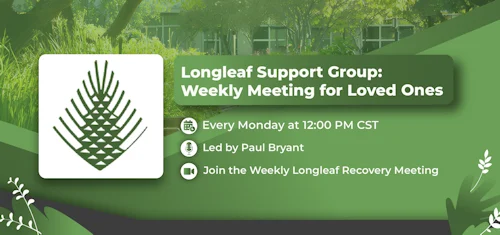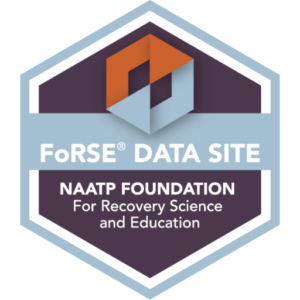According to the National Institutes of Health (NIH), of the 42 million adults with a mental illness, 18.2% also have a substance use disorder. In many cases, it can be difficult to determine which came first — the substance use disorder or the mental illness — which is why at Longleaf Recovery & Wellness, we offer comprehensive dual diagnosis treatment in Alabama to help individuals find the strength to heal from addiction and mental health.
Signs & Symptoms of a Dual Diagnosis
- Participating in risky behaviors (driving while under the influence, having unprotected sex)
- Sudden and unpredictable changes in mood and irrational behavior
- Inability to control how much of a substance they consume
- Difficulty concentrating
- Neglecting physical health and appearance
- Using drugs or alcohol to self-medicate symptoms of a mental illness
- Suicidal ideations, tendencies, or behaviors (including self-harm)

Dual Diagnosis Statistics
- The prevalence of dual diagnosis varies by age, gender, race/ethnicity, and socioeconomic status.
- Women are twice as likely as men to develop a dual diagnosis.
- People ages 30-39 are most likely to have a dual diagnosis, followed by those 40-49.
- Those 50 and over are least likely to have a dual diagnosis.
- African-American and Hispanic individuals are more likely to have dual diagnoses than Caucasian individuals.
- Dual diagnoses are most prevalent among low-income populations.

Dual Diagnosis Treatment Programming
The core elements of this approach include:
Our experienced therapeutic staff work alongside the medical director to develop and implement a multifaceted treatment plan that includes psychotherapy and medication. This plan is updated and revised throughout a client’s treatment to tailor interventions as their recovery evolves.
In the past, a substance use disorder would be treated in one setting while a mental illness might be treated in another. Today, individuals with a dual diagnosis can receive the full amount of care they need at one facility. Most importantly, this allows clients to maintain relationships with their treatment team and their peers in recovery throughout the treatment process.
In addition to group therapy, clients are matched with individual therapists who are skilled at addressing and resolving issues based upon their specific needs. Issues such as trauma, depression, and anxiety can receive specific attention during individual therapy while new skills and support are provided in a group setting.
Begin Dual Diagnosis Treatment Today
Insurances We Accept
















